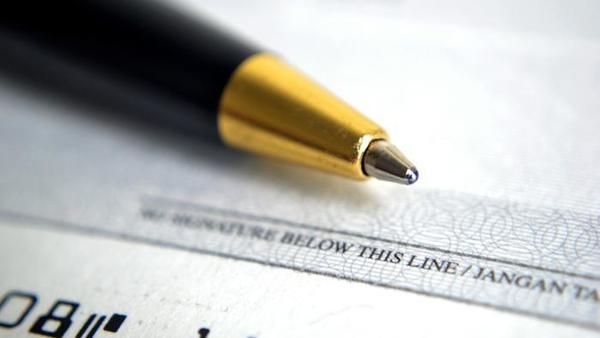
After receiving numerous inquiries from consumers, the NCUA issued a warning Monday about a fake check scam.
The federal agency said it has received about 12 calls over the last 10 days from consumers about a fake check scheme. The NCUA noted in its prepared statement that the Federal Trade Commission issued a fake check scam alert last month.
The NCUA said the fake check scam recently reported by consumers follows a typical pattern seen in many other schemes from the past. Scammers lure consumers into depositing a cashier’s check, money order or other checking instrument from someone they don’t know. Unsuspecting consumers are then asked to wire or send the money to the scammers.
These checks can be hard to recognize. They may be printed with the names, addresses and logos of legitimate financial institutions. Consumers are reminded to be on the alert and to not be pressured into wiring funds or sending money after depositing a check, the NCUA said in its prepared statement.
Once a victim wires or sends funds from such a check, he or she may be responsible for reimbursing the financial institution for that amount. Because a check may take considerably longer to clear the financial institution that issued it before the funds can be collected, it could take days or even weeks to discover that the deposited check was fraudulent, the NCUA said in its prepared statement.
If you think you or someone you know was the victim of a fake check scam, consider calling your local law enforcement agency to report the scam or contacting your state’s attorney general. Information for each state’s attorney general can be found on the National Association of Attorneys General website.
Consumers can also field a complaint with the Federal Trade Commission. Complaints from consumers help detect patterns of fraud and abuse. If you or the victim is an older adult or a person with a disability, contact your local adult protective services agency. You can find local support resources using the online eldercare locator or call 1-800-677-1116.
In addition, the NCUA operates an online Fraud Prevention Center that offers information about avoiding frauds and scams on its MyCreditUnion.gov site. The NCUA also released a two-part video series for consumers on fraud prevention techniques.


